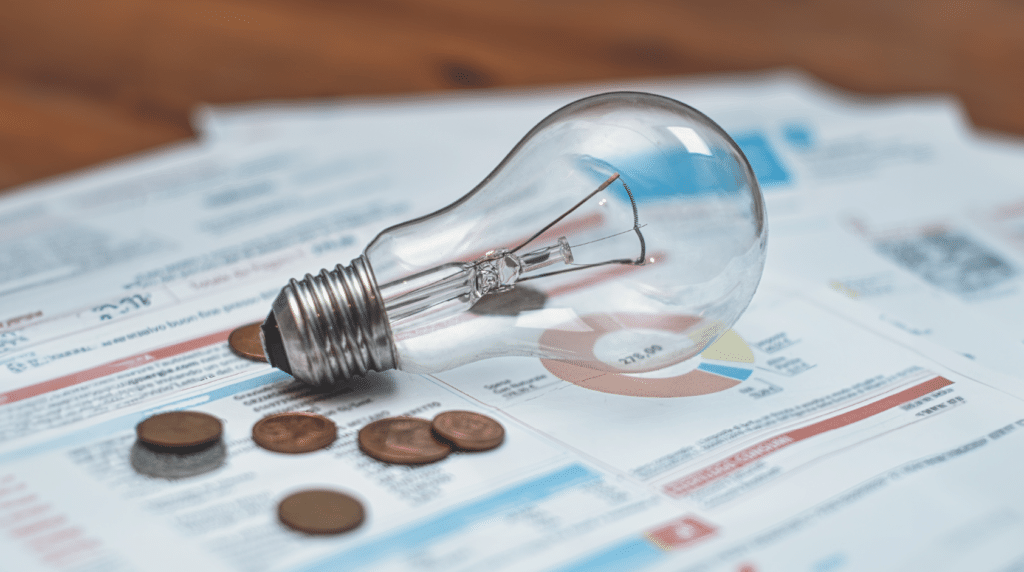
Texans Push Back Against Rate Hikes Despite Grid Concerns
As utility companies propose rate increases to strengthen Texas’ power infrastructure, residents across the state are weighing the costs against their household budgets.
To ensure a storm-resistant grid, Texans statewide were willing to pay an average maximum of $200 per month in electricity costs. Gen X residents showed the highest tolerance for grid-improvement expenses, willing to pay up to $220 monthly.
However, over 70% of Texans were opposed to electricity rate hikes aimed at improving grid reliability, believing the costs passed along to consumers weren’t justified. Resistance was even stronger in North Texas, where 3 in 4 residents felt this way.
Financial concerns helped drive this opposition. More than one-third of Texans (34%) already struggled with paying their current electricity bills, and residents indicated that an $85 monthly increase would create financial hardship for their households. Even a modest $25 monthly rise would strain the budgets of 1 in 4 Texans.
The financial pressure has become so severe that nearly 1 in 4 residents have considered relocating to more affordable areas. Central Texas showed particular strain, with 26% of residents contemplating such moves.

Trust and Transparency in Energy
Amid discussions of grid improvements, Texans expressed strong demands for accountability and fairness from their utility providers and grid operators.
Trust in ERCOT emerged as a critical issue: 85% of Texans doubted the organization’s ability to effectively manage new funds from rate hikes. This skepticism was highest in North Texas, where 87% of residents indicated distrust in ERCOT. The same percentage of Texans statewide supported creating a watchdog organization to monitor ERCOT’s spending.
There was also a deep skepticism about utilities’ priorities, with 4 in 5 Texans believing the companies prioritize profits over safety. A majority (95%) said they want utility companies to provide clear, itemized explanations for rate increases.
Companies’ past performances likely colored these perspectives: 3 in 5 Texans felt their utility providers had failed to respond adequately during the most recent weather crisis. In West Texas, nearly 50% of residents expressed dissatisfaction with their provider’s crisis response.
When asked about solutions to rate hikes, 4 in 5 residents supported providing discounts or rebates to low-income households. Additionally, 3 in 5 Texans preferred investing in renewable energy rather than implementing rate hikes, while 35% favored developing decentralized power grids as an alternative to increased rates.

The Path Forward for Texas Energy
The divide between utility companies’ improvement plans and what Texas households can actually afford has never been clearer. While everyone agrees the grid needs strengthening after recent failures, residents are sending a strong message that rate hikes aren’t the answer they’re looking for. Finding a solution will mean carefully balancing grid reliability with household budgets while keeping utility companies accountable for how they spend Texans’ money.
Methodology
We surveyed 500 Texas residents to explore their perspectives on proposed electricity rate hikes. The average age was 40. Survey data was collected from December 5 to 10, 2024.
About Home Energy Club
Home Energy Club is a trusted resource dedicated to helping consumers compare electricity plans, reduce energy costs and find reliable providers. With a focus on transparency and savings, the platform offers unbiased reviews, exclusive discounts and helpful tools to simplify the process of choosing the best energy plan for your needs.
Fair Use Statement
Noncommercial reuse of these materials is permitted, provided you cite this page as the source.

